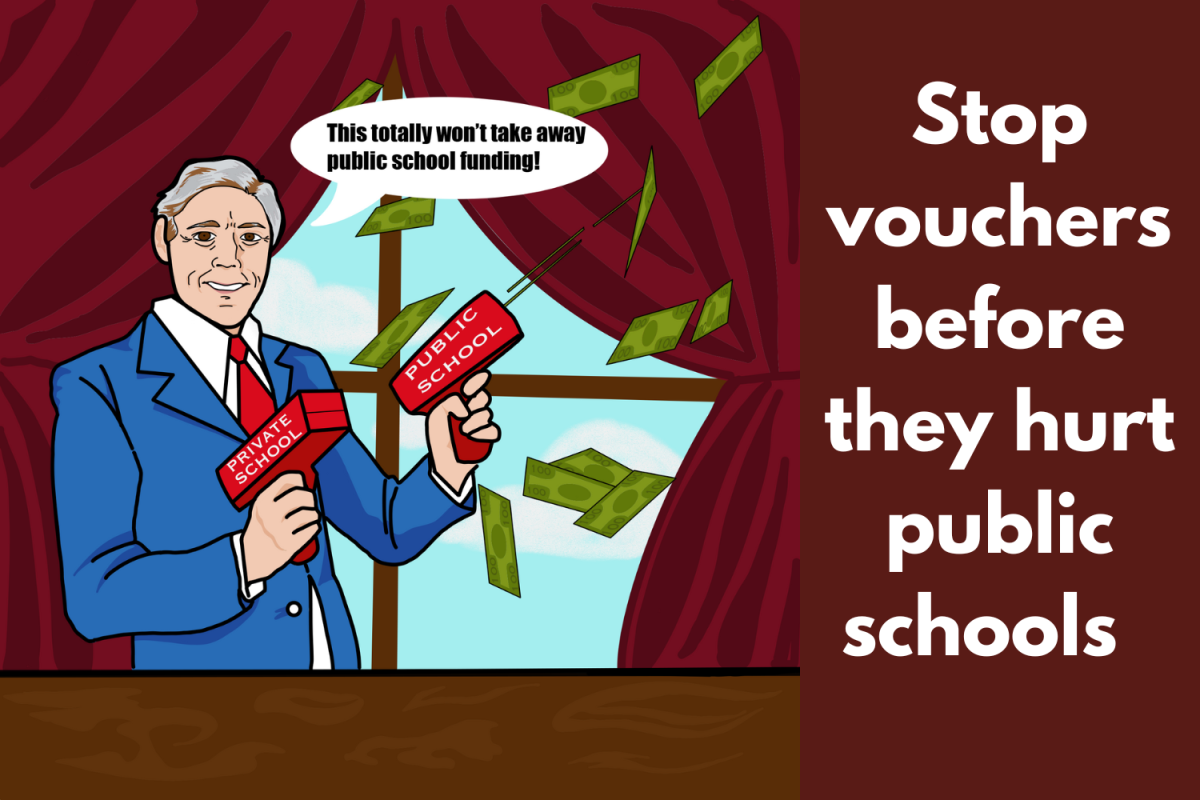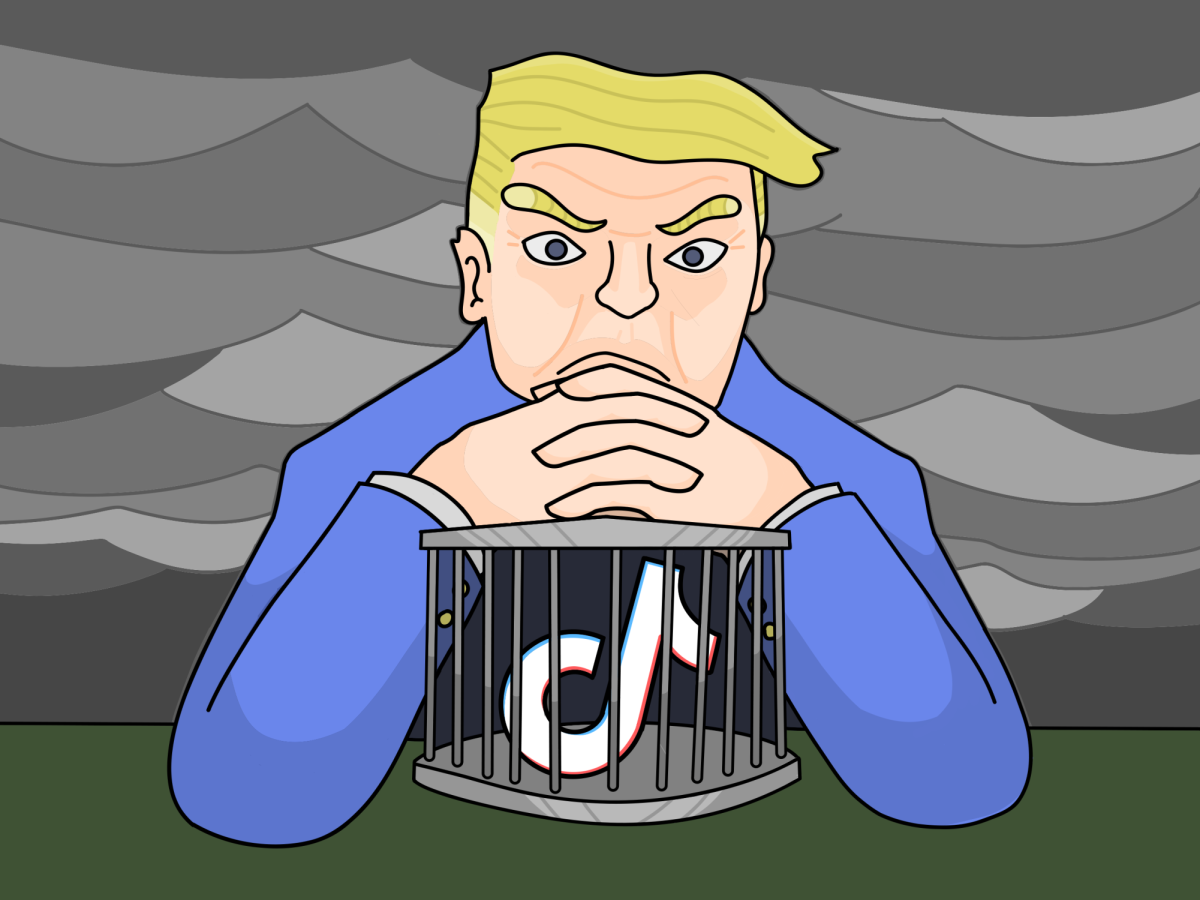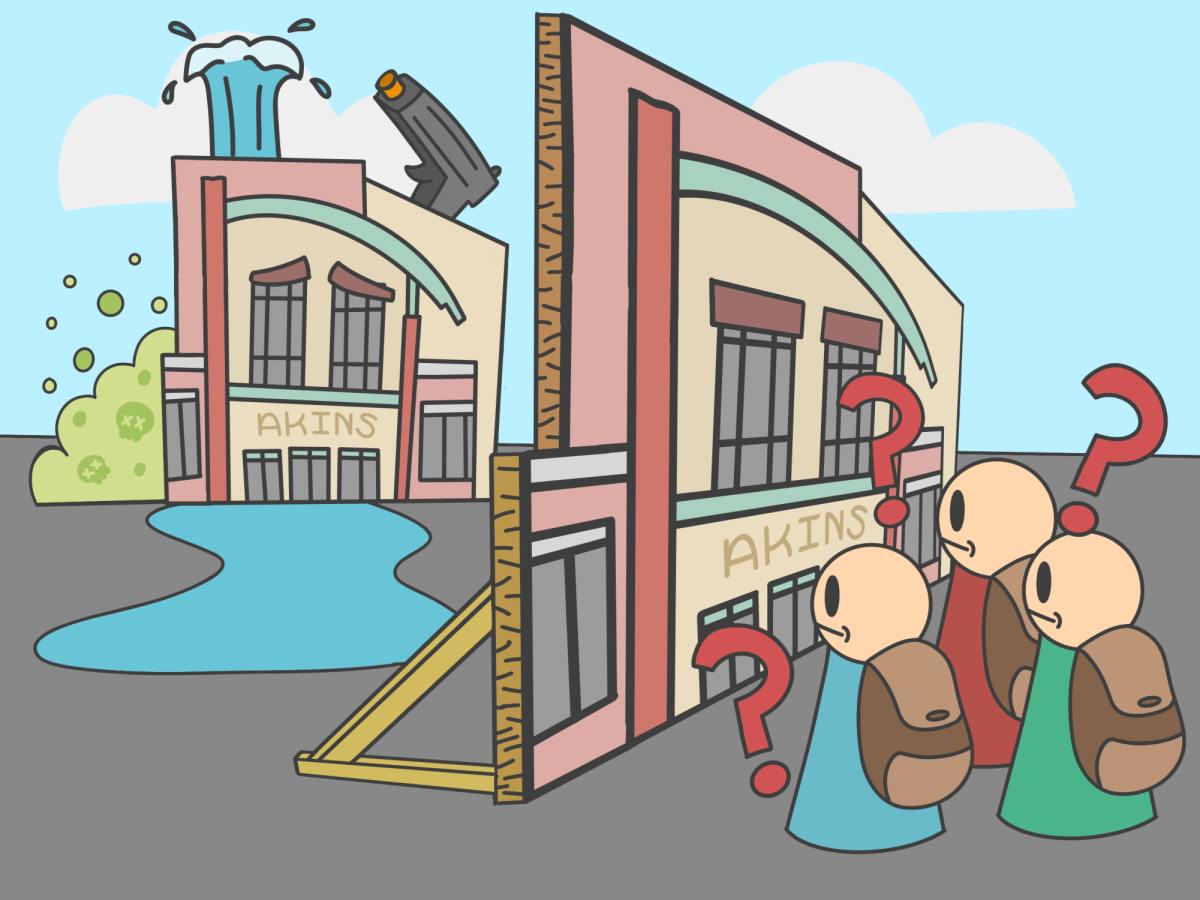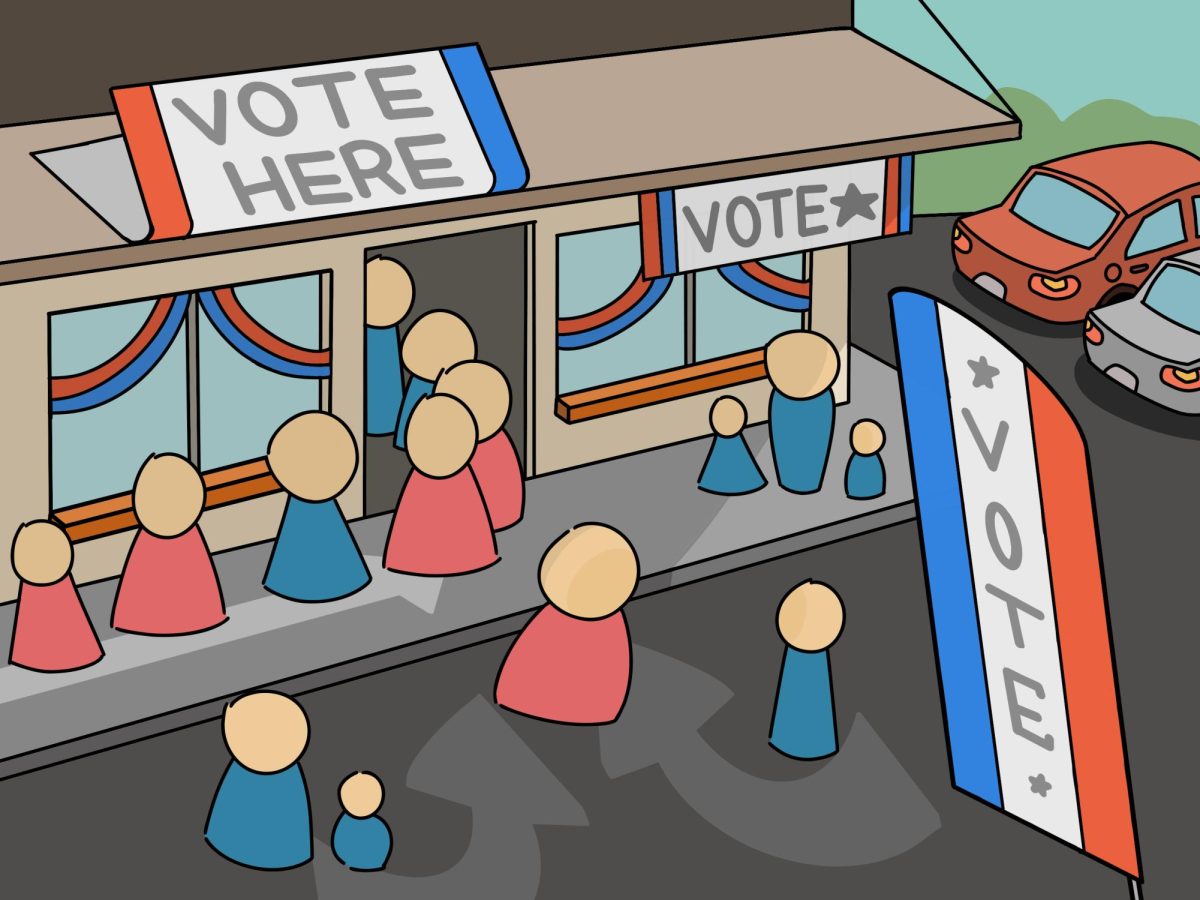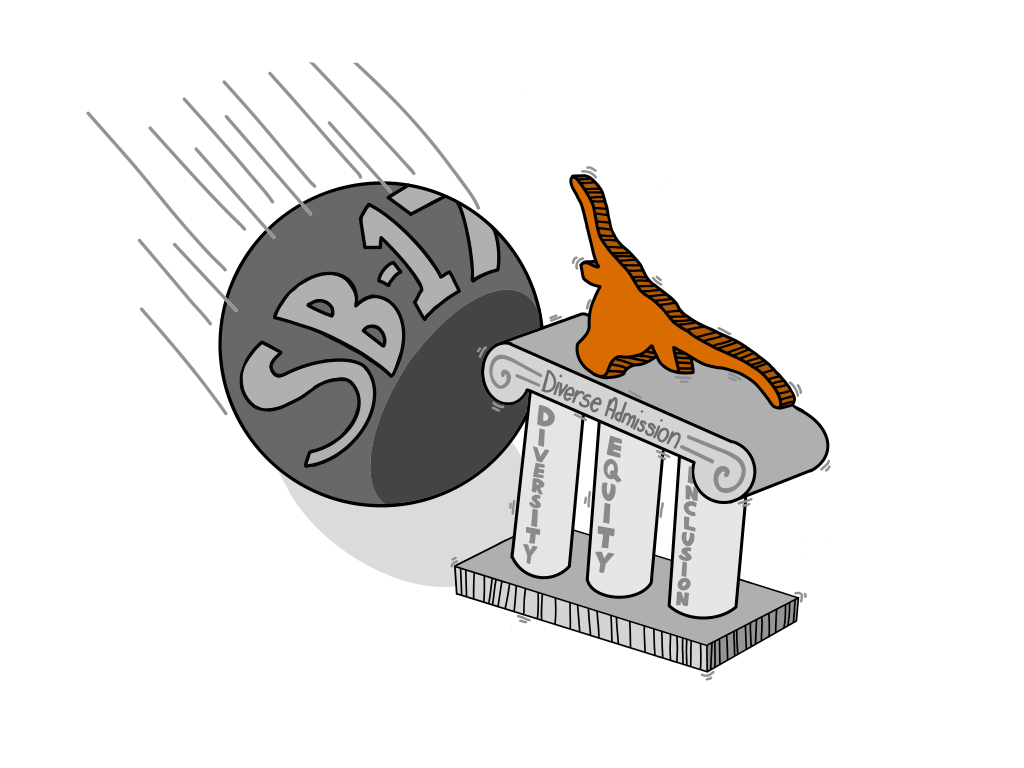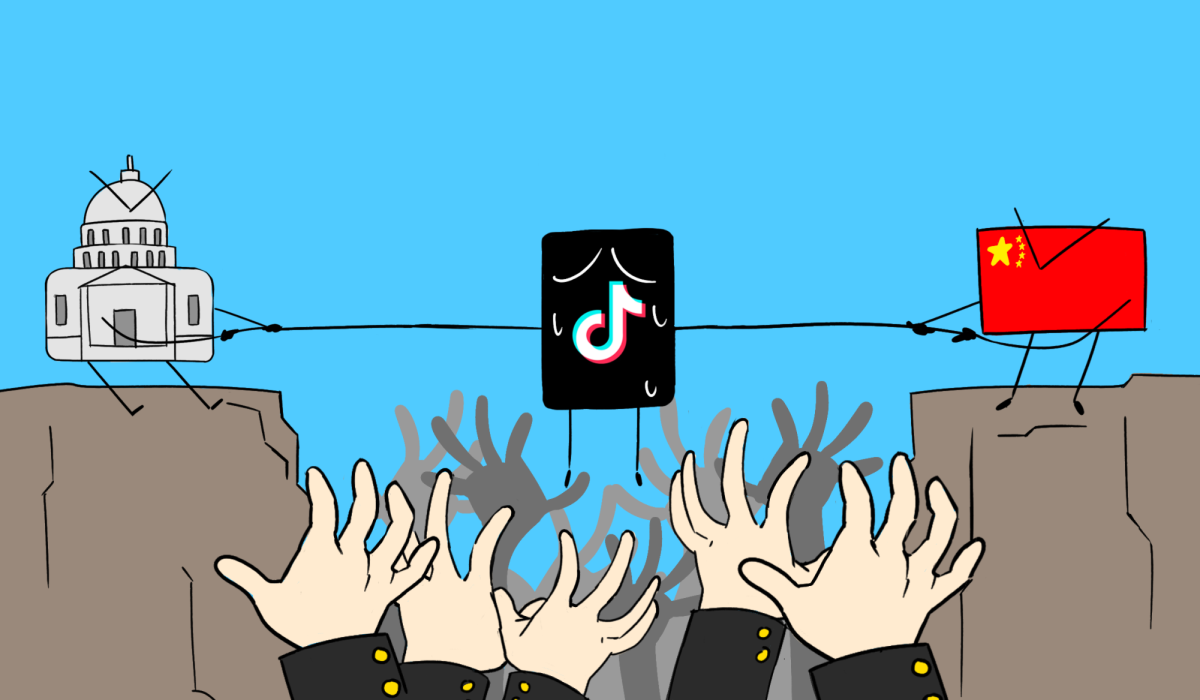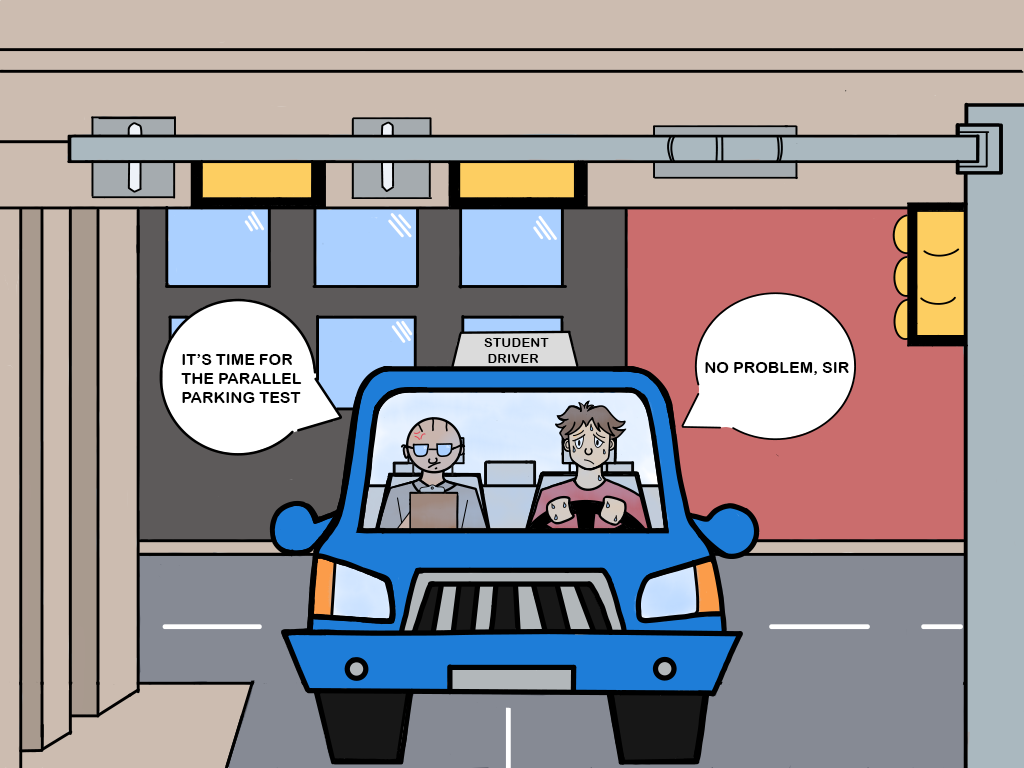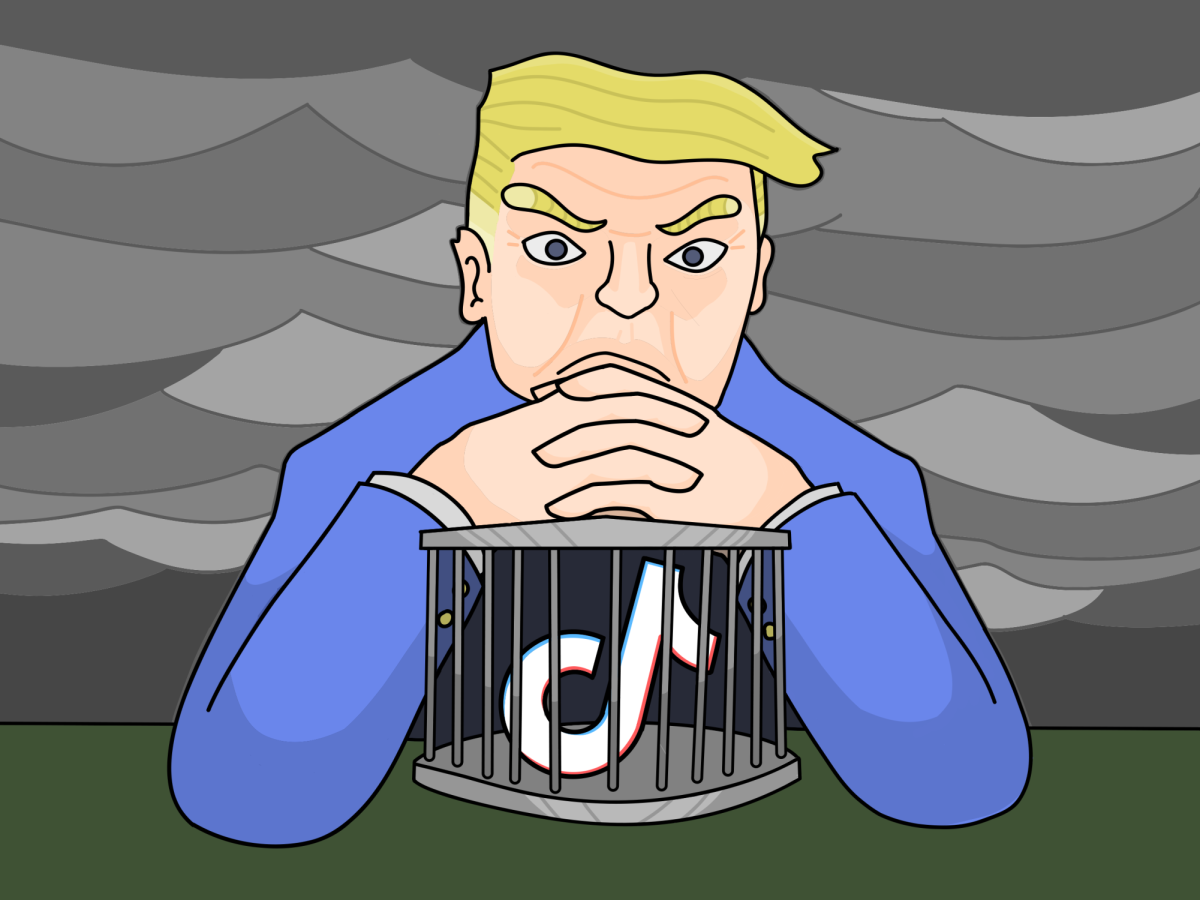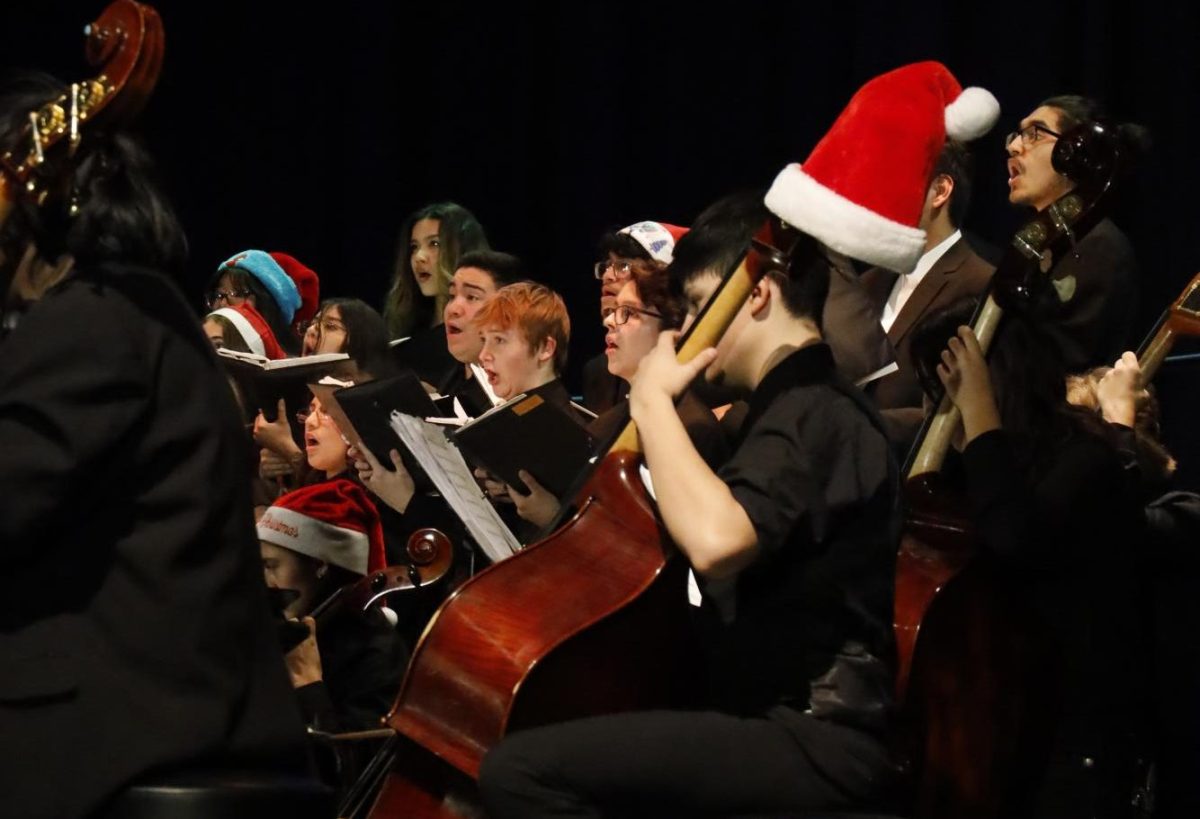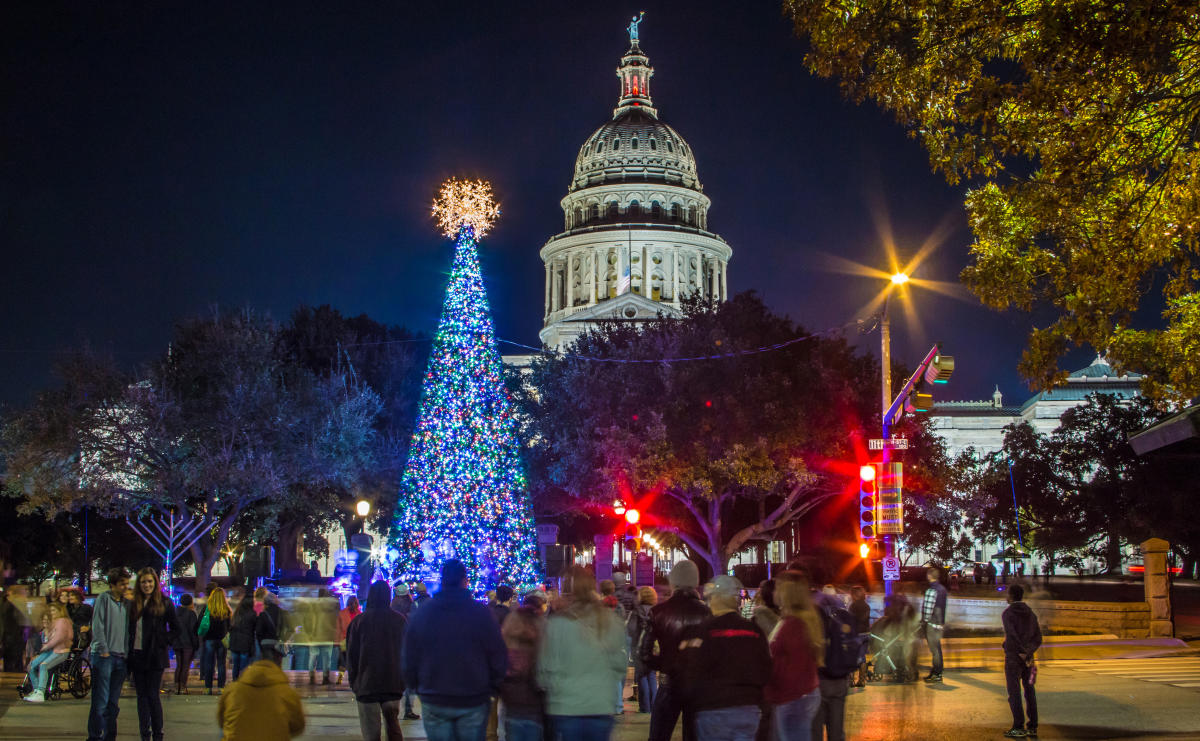Gov. Greg Abbott signed a law to create a $1 billion “Education Savings Account” voucher program for private schools in Texas on May 3, marking a huge shift in the state’s education policy. The newly passed private school voucher program has sparked a debate and harsh criticism from public education advocates.
This unsettling imbalance, advocates argue, exposes deep flaws in the state’s priorities and raises urgent questions about how the state prioritizes wealthy families without accountability or oversight of how public dollars are spent. There is also concern about how starting an entitlement program for private school families could grow exponentially in the future and blow a hole in our state budget.
The program, set to launch in the 2026–27 school year, will allocate about $10,000 annually per student for private school tuition or up to $2,000 for homeschooling expenses. While all students are eligible, priority will be given to those from families earning less than five times the federal poverty level. The new Texas school voucher program is a big change that could impact students, schools, and taxpayers across the state for years to come.
We believe vouchers are taking precious funding from public schools, and this program needs to be stopped before these handouts to rich families even begin. This is necessary to prevent the furtherance of more inequalities between rich and poor families in the state and to stop the defunding of our public schools.
First, let’s review the facts about private school vouchers. There are only a handful of well-regarded private schools in Texas, and the tuition of these schools is much higher than the $10,000 per year that this program would provide to parents. For example, the tuition for day students at St. Stephen’s Episcopal School in far west Austin is about $35,900.
So this means a low-income family would have to come up with another $25,000 per year if they wanted to send their children to St. Stephen’s. Considering this is highly unlikely to happen, this means that the only parents who will be able to take advantage of the $10,000 from the state are the rich families who could already afford to send their kids to such an expensive school.
Secondly, public schools are funded by the number of days students attend school. If new private schools open in Austin, this means that our currently underfunded public schools will receive less funding than the paltry sums we already receive, as more parents decide to enroll their children in private schools.
Thirdly, private schools, by their nature, do not have to meet any state accountability requirements like maintaining high passing rates on the STAAR test. They also do not have to follow federal and state guidelines for providing special education services to students. This means the state is literally just handing over public tax dollars to private schools with no strings attached. This is fundamentally unfair.
Lastly, just because a parent applies to a private school does not mean that they will be accepted. Private schools can set their own policies on who they will admit, which could potentially create a situation that will be rife with discrimination.
While advocates for private schools see vouchers as a solution to underprivileged families to attend these schools, they can deny admissions based on little to no reasoning, which contradicts the main purpose of these vouchers to provide “school choice.” Parents who feel like their children are not being served well by their public schools will still be locked out of an alternative option.
In reality, It’s the school’s choice on whether or not to accept families who apply for these private schools unlike public schools who are legally obligated to accept families regardless of their socioeconomic status.
There is also a possibility that shady business people are able to establish schools in areas such as strip centers and label themselves as a school, these schools can be used as a potential money grab. These schools do not have to follow state regulations such as state testing, special education or certified teachers.
We firmly believe that vouchers are taking necessary funding from already underfunded public schools. This program needs to end before it begins during the 2026-2027 school year.
Counter to what Gov. Greg Abbott says, these vouchers do not cover the full tuition needed to pay for students to attend these private schools and therefore do not create an equal opportunity for all students, but instead, only benefit people who are already wealthy enough to pay private school tuition.
While it claims to give money to families who are initially unable to afford private school tuition, Schools can also prioritize some students over others, which in turn defeats the purpose of these vouchers’ main point of being accessible to low-income families.
The Texas Constitution says that our legislation must prioritize public schools and that all children in the state of Texas have a right to quality public education. By giving money to private schools, it takes away much-needed funding to already struggling public schools. State Rep. James Talrico spoke on the day Abbott signed the voucher bill, “Remember this day, next time a school closes in your neighborhood.”

